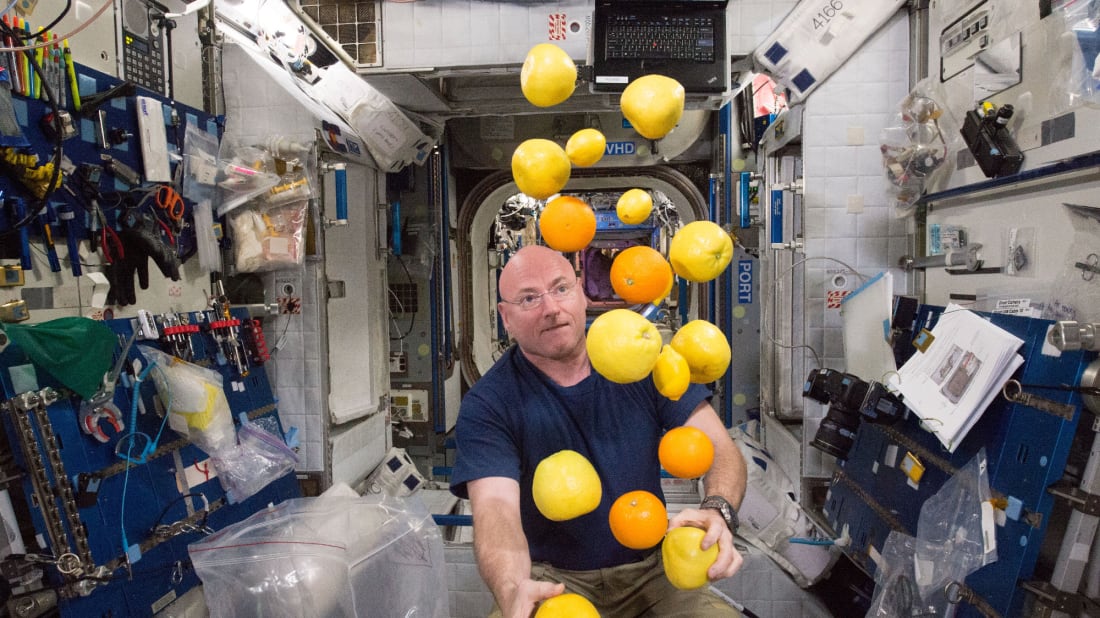Humanity’s ambition to explore the Moon, Mars, and beyond faces a fundamental challenge: feeding astronauts on long-duration missions. Traditional food supplies from Earth, while suitable for low Earth orbit, are expensive and impractical for extended journeys. To overcome this, the European Space Agency (ESA) has launched project HOBI-WAN, aiming to produce protein directly in space.
ESA Seeks Sustainable Food Solutions
“This project aims at developing a key resource which will allow us to improve human spaceflight’s autonomy, resilience and also the well-being of our astronauts,” said Angelique Van Ombergen, ESA’s chief exploration scientist. “For human beings to be able to implement long-duration missions on the moon, or even one day to go to Mars, will require innovative and sustainable solutions to be able to survive with limited supplies.”
At the core of this initiative is Solein, a powdered protein created by Finnish company Solar Foods. Solein is produced using microbes, air, and electricity through a gas fermentation process. While the process has been successfully demonstrated on Earth, replicating it in space brings unique challenges. On Earth, ammonia serves as the nitrogen source for protein synthesis. In space, scientists plan to substitute urea, an organic compound present in urine as the nitrogen source.
“The aim of the project is to confirm that our organism grows in the space environment as it does on the ground, and to develop the fundamentals of gas fermentation technology to be used in space something that has never been done before in the history of humankind,” said Arttu Luukanen, senior vice president of space and defence at Solar Foods.
Microgravity Challenges Space Food Production
Microgravity conditions complicate the process, Luukanen explained. “The behavior of gases and liquids in microgravity is vastly different due to lack of buoyancy, which can drastically affect the transport of nutrients and gases for Solein microbes.” Understanding these differences is key to producing safe, nutritious, and palatable food for astronauts.
Over the next eight months, Solar Foods will collaborate with OHB System AG, the prime contractor, to develop technology for space-based Solein production. Successful experiments could eventually lead to testing aboard the International Space Station (ISS), marking a major step toward sustainable long-term space missions.
By developing the ability to create food from limited resources in space, ESA hopes to enhance human autonomy and resilience during missions far from Earth, while also laying the groundwork for potential colonies on the Moon and Mars.


